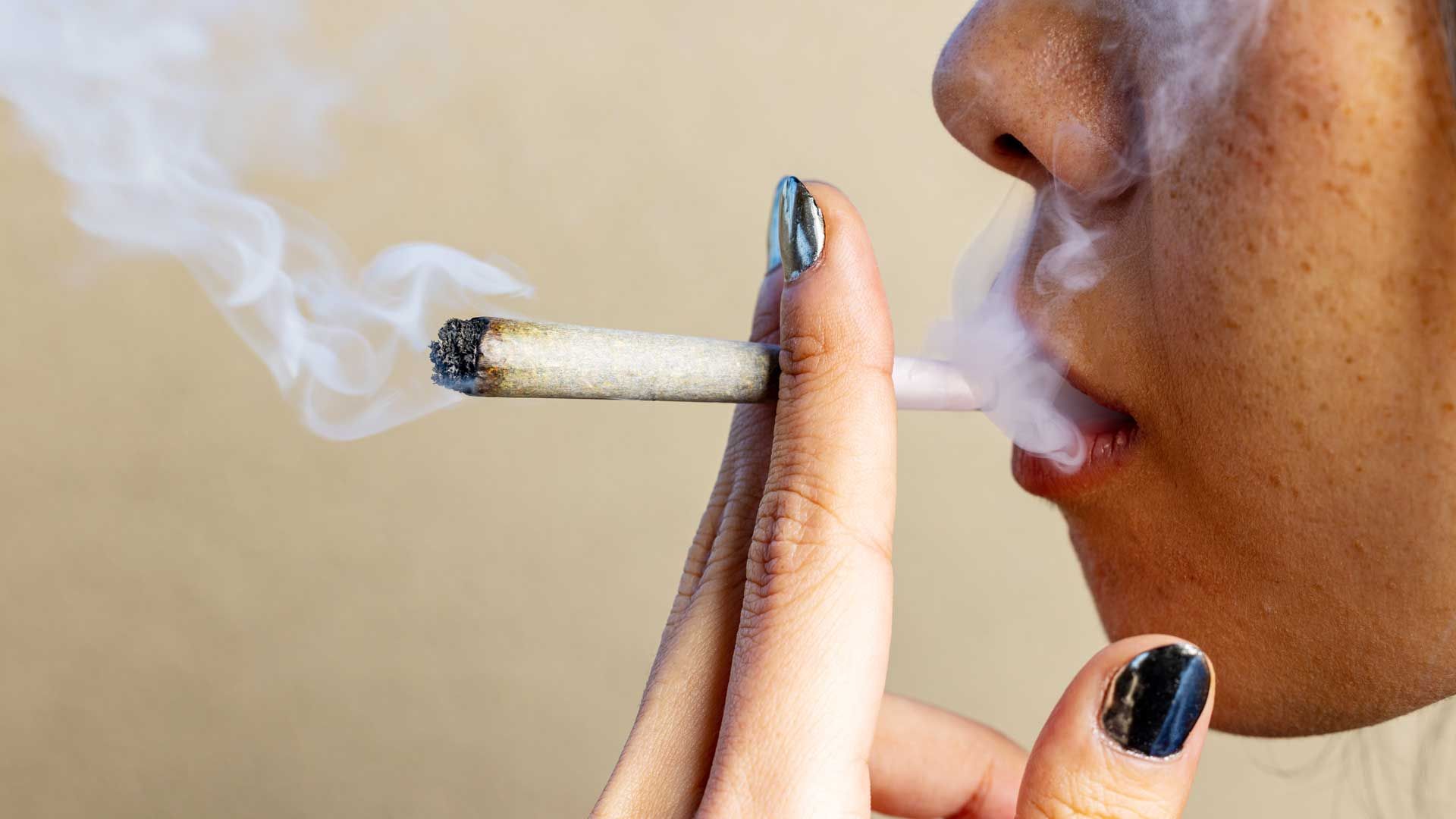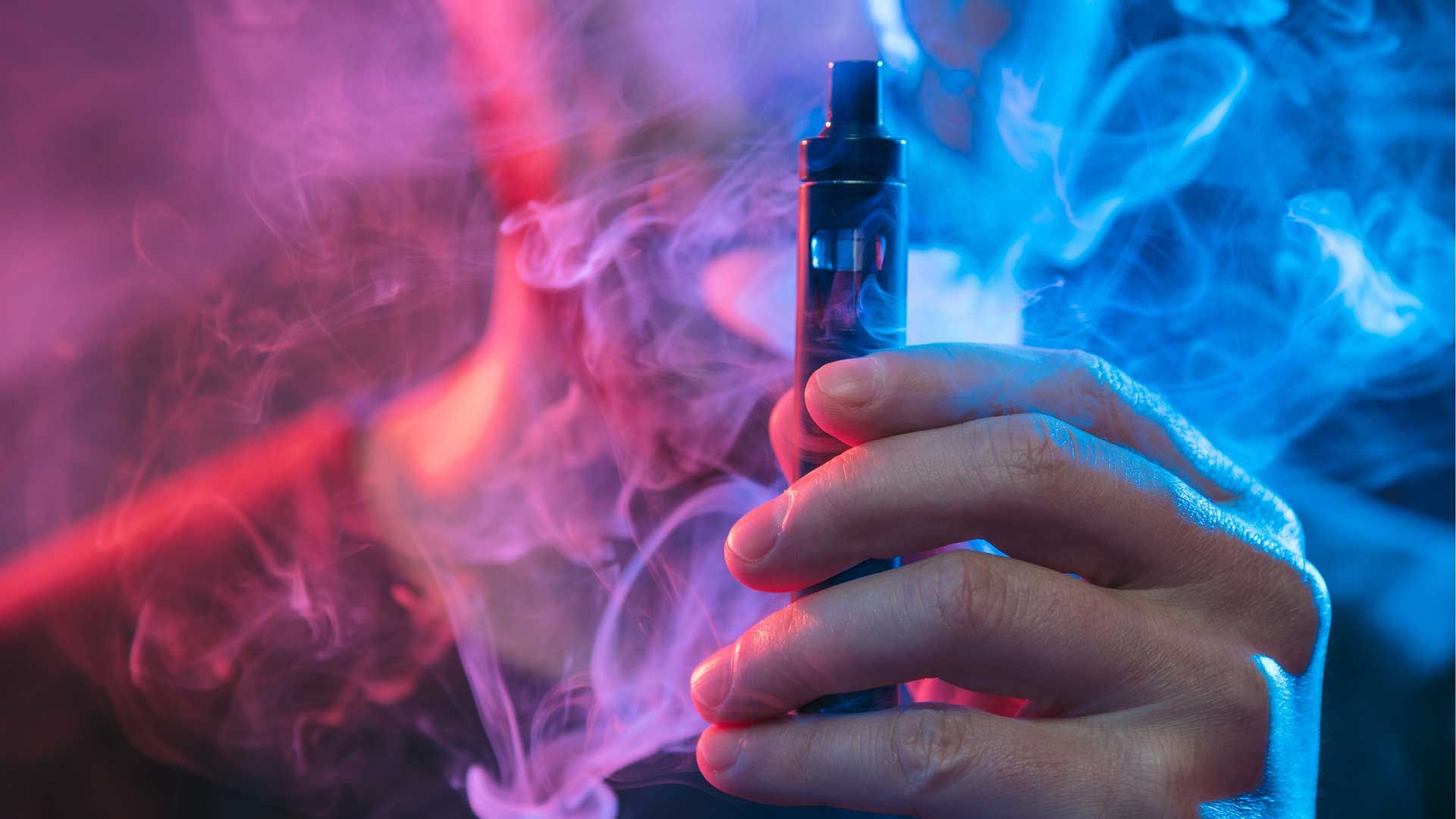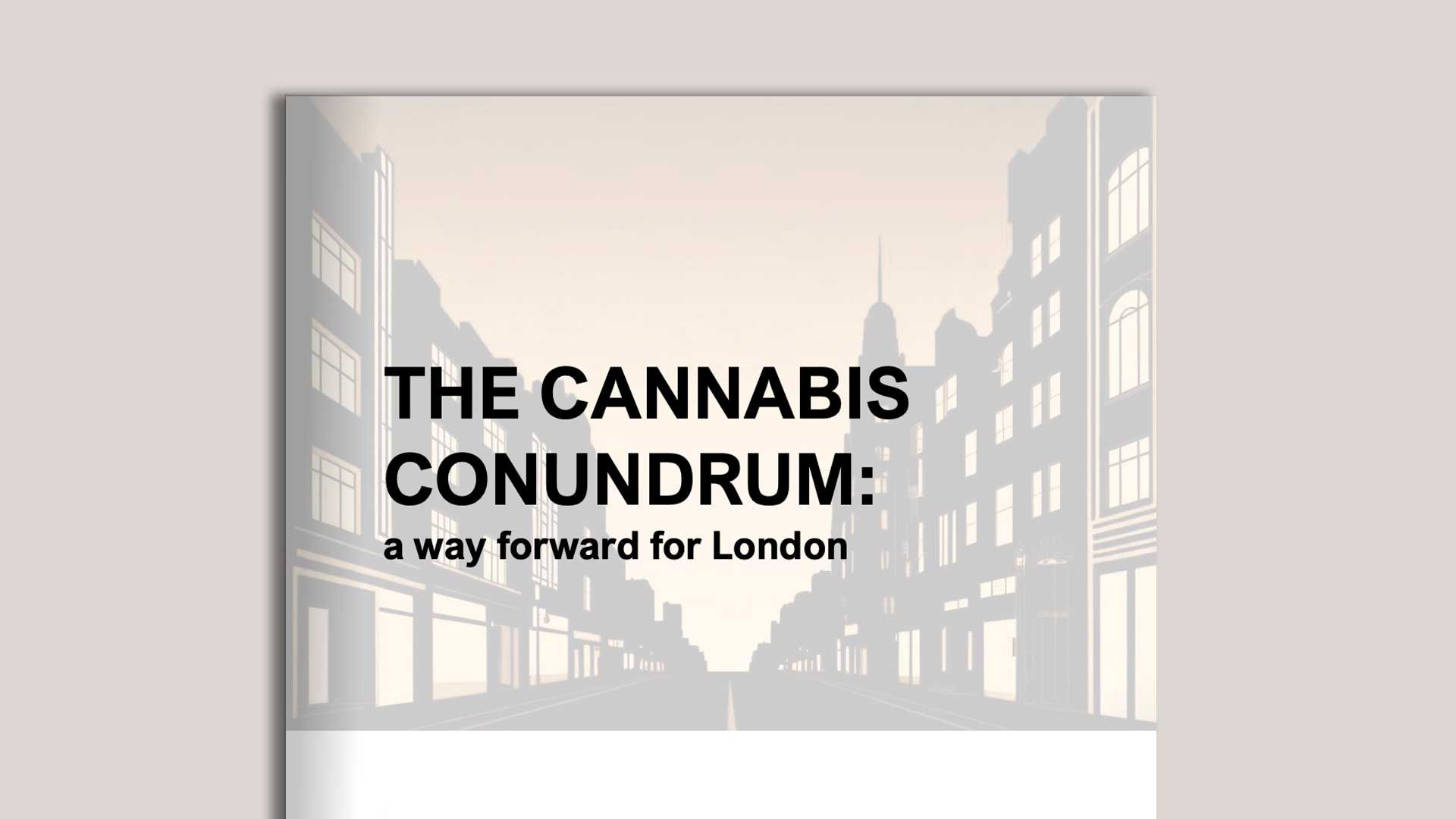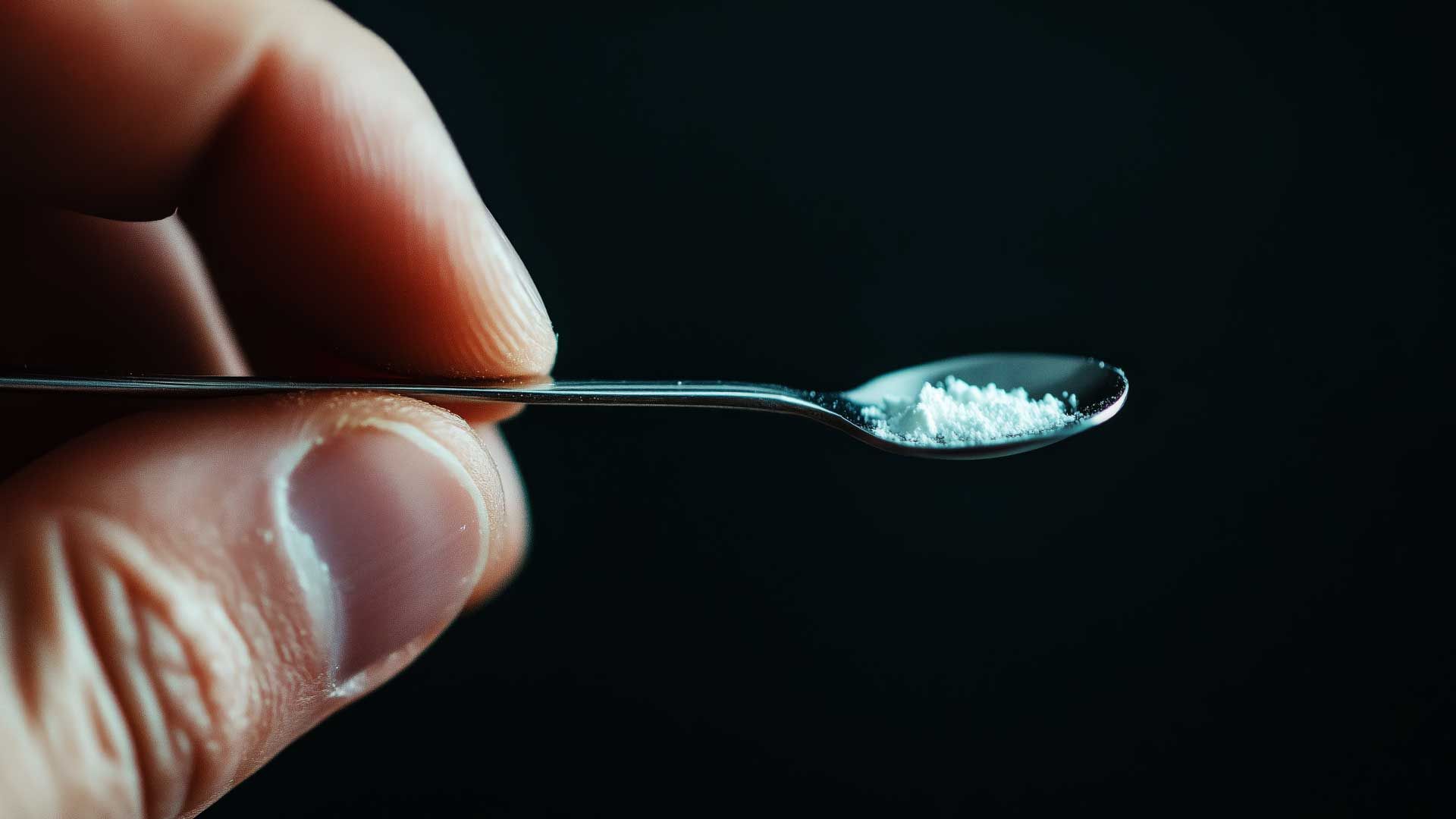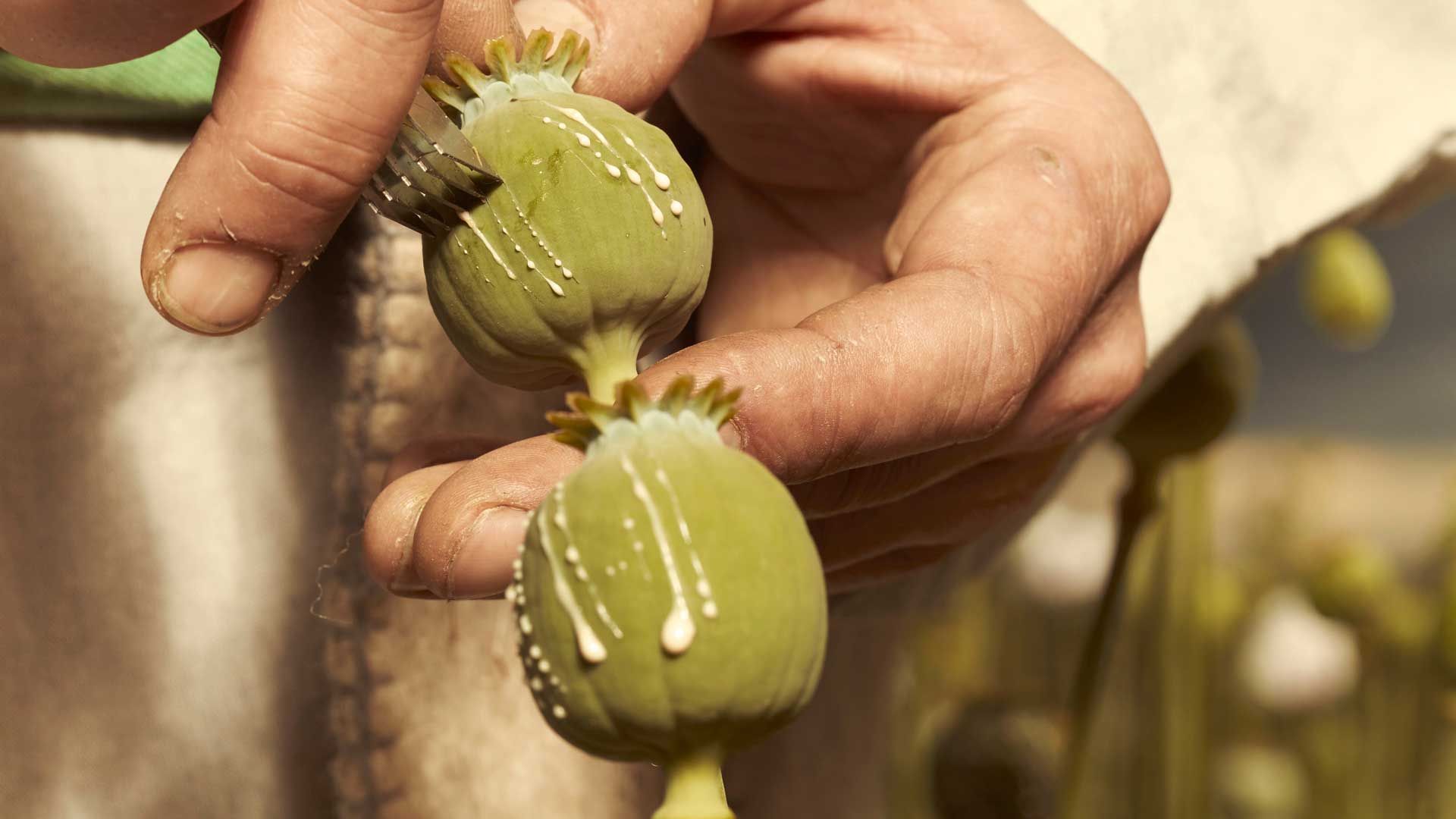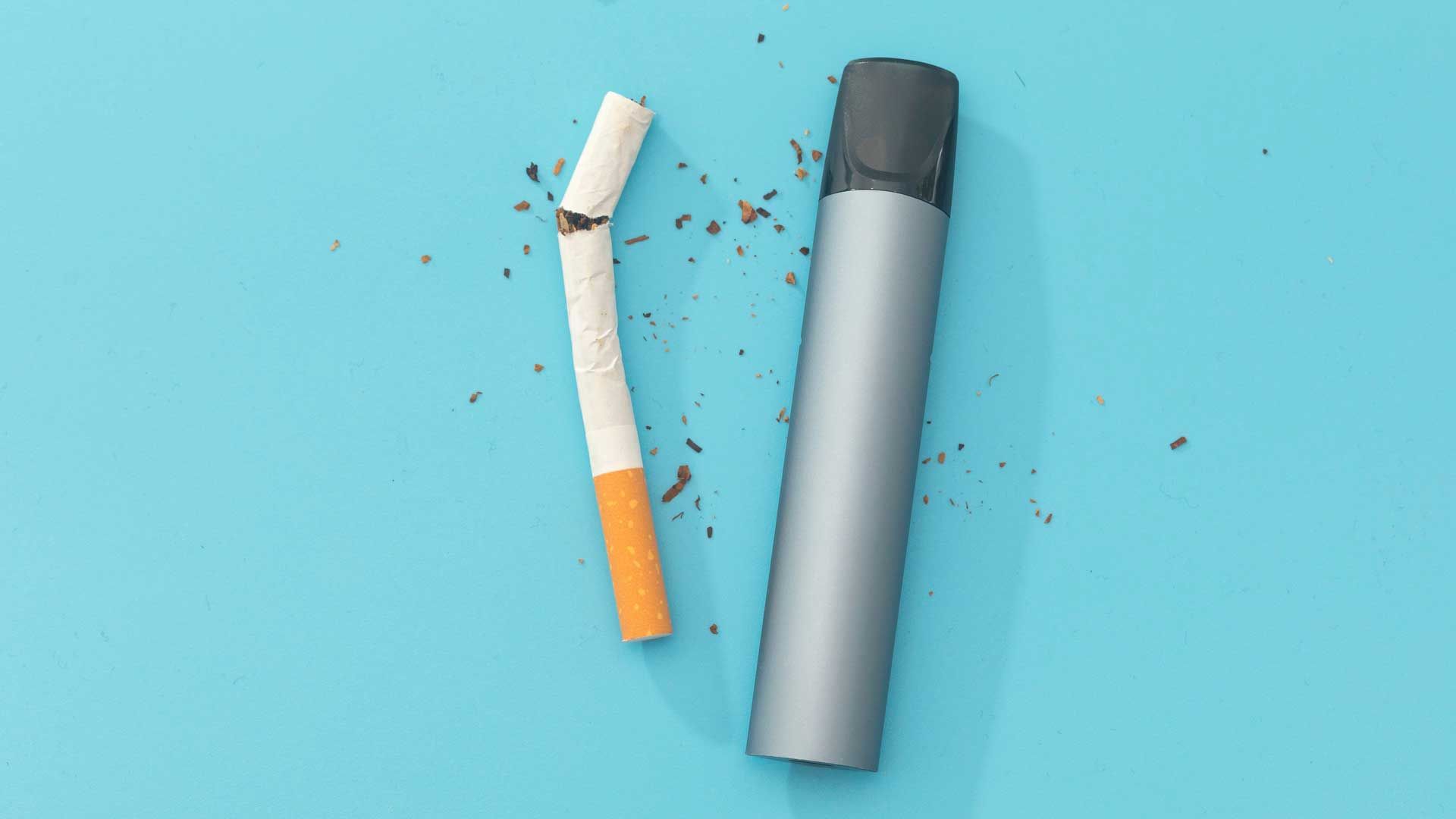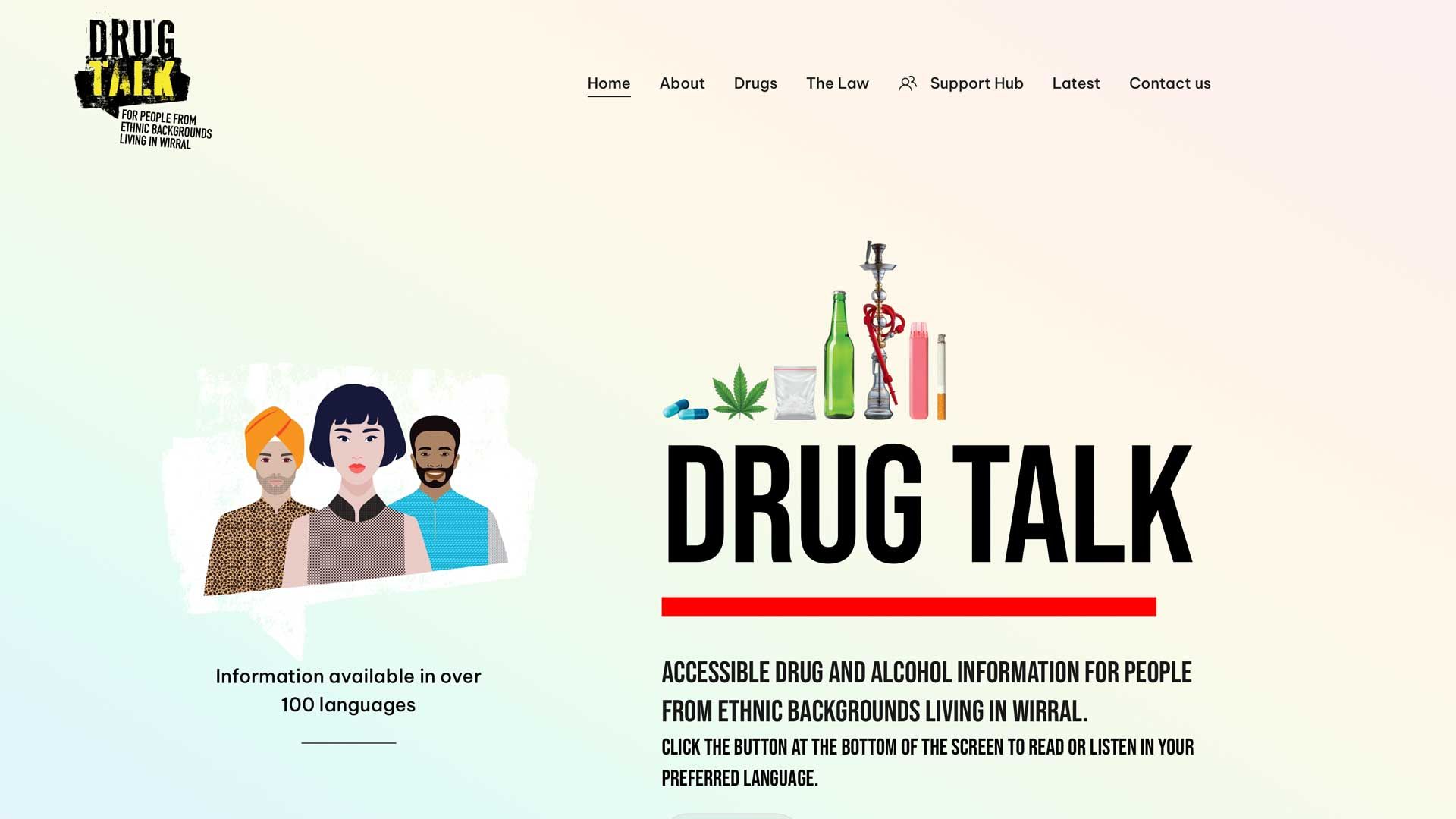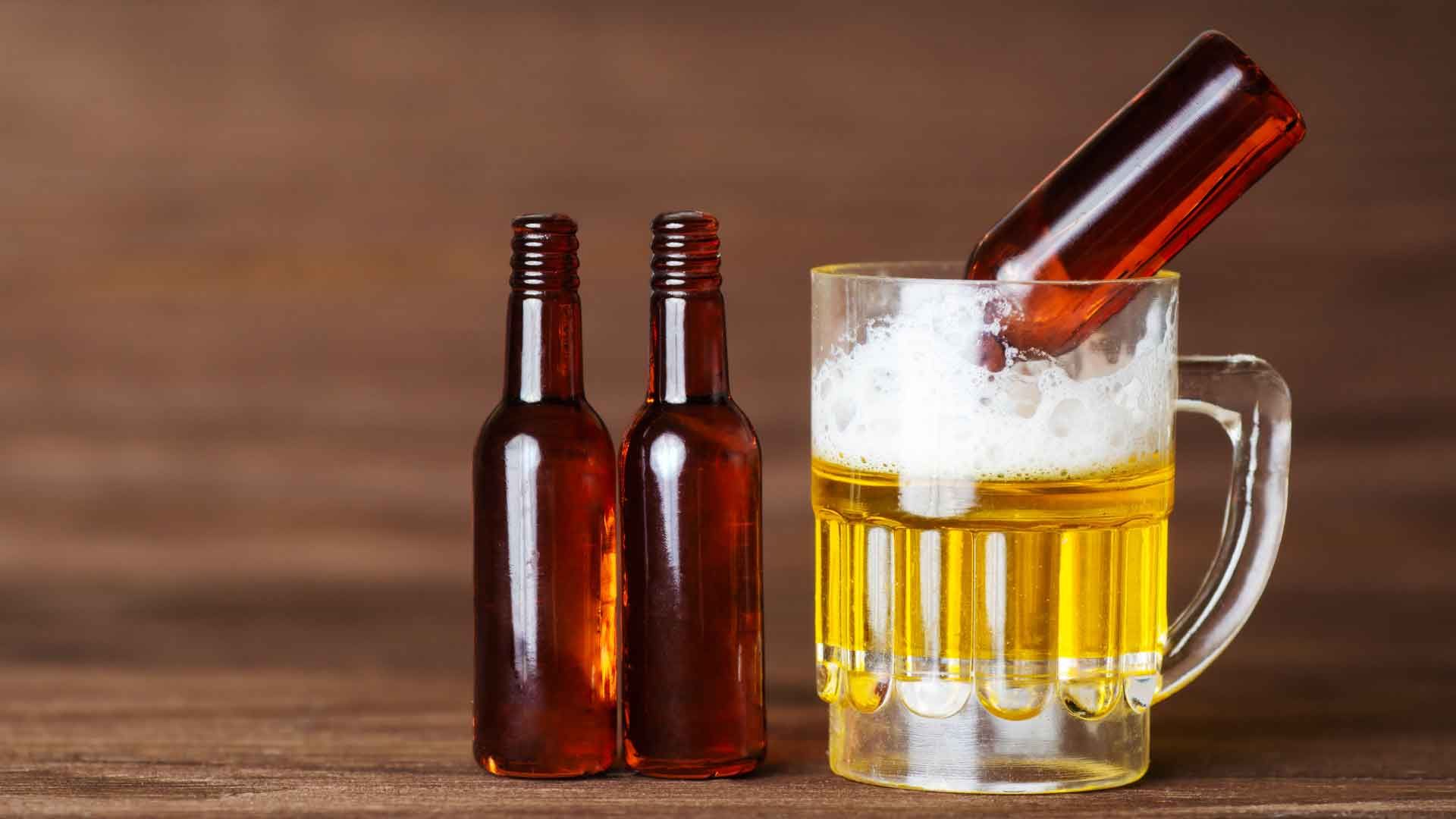Police set to crack down on drink spiking
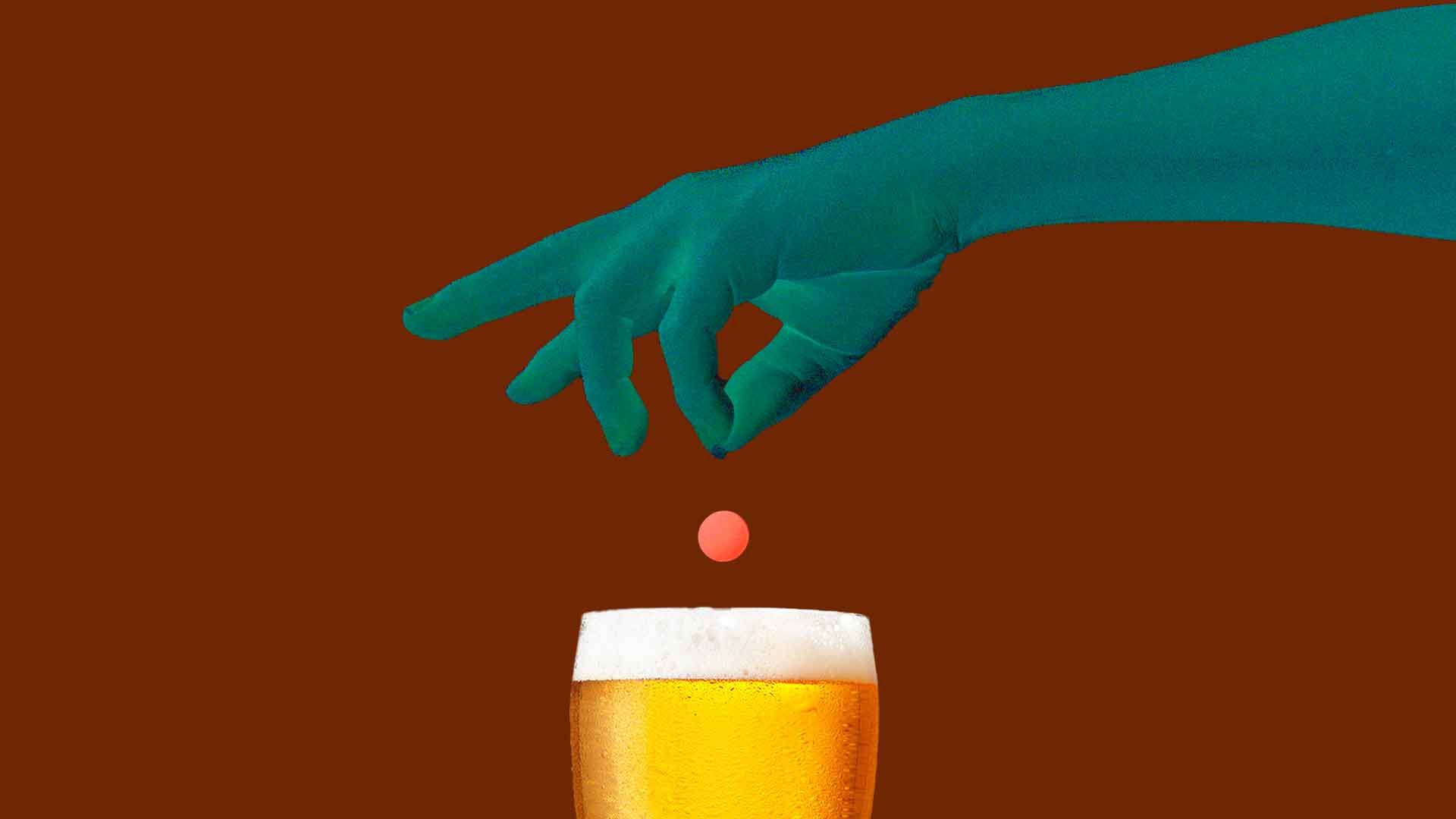
Police forces are set to crack down on drink spiking as part of a new government push that will see it clarify that it is a crime.
As part of a raft of measures introduced by Home Secretary James Cleverly, coordinated police action across all forces in England and Wales will tackle spiking during key weeks of the year. At the same time, the government is planning to modernise the law so it is clear that spiking – putting alcohol or drugs into someone’s drink or body without their consent – is illegal. It will include separate guidance – set in law – that will give a clear, unequivocal definition of what spiking is.
The change will update parts of the Offences Against the Person Act 1861, which already makes it an offence to maliciously administer poison so as to endanger the life of someone or inflict grievous bodily harm.
The new law is designed to give victims confidence to report incidents to the police, raise public awareness of the crime and a sentence of up to 10 years in prison for anyone found guilty of spiking.
Additional government’s measures include the following:
- Training door staff to spot potential perpetrators and victims
- Research into a test kit to help drinking venues and the police to detect spiking in real-time
- An online tool to make it easier for someone to make an anonymous report if they fear they have been spiked
- Spiking guidance and advice toolkit for anyone wanting information on what it is, how to report it, how to support a victim and which criminal offences can be used to report it.
Home Secretary James Cleverly said: "Spiking is a perverse crime which can have a lasting impact on victims. Our comprehensive new measures are designed to help police and staff in bars, restaurants, pubs and other premises to protect victims and bring more offenders to justice."
According to a Home Office report, the police receives an average of 561 reports of spiking a month, mostly from women after incidents in or near bars and nightclubs.
